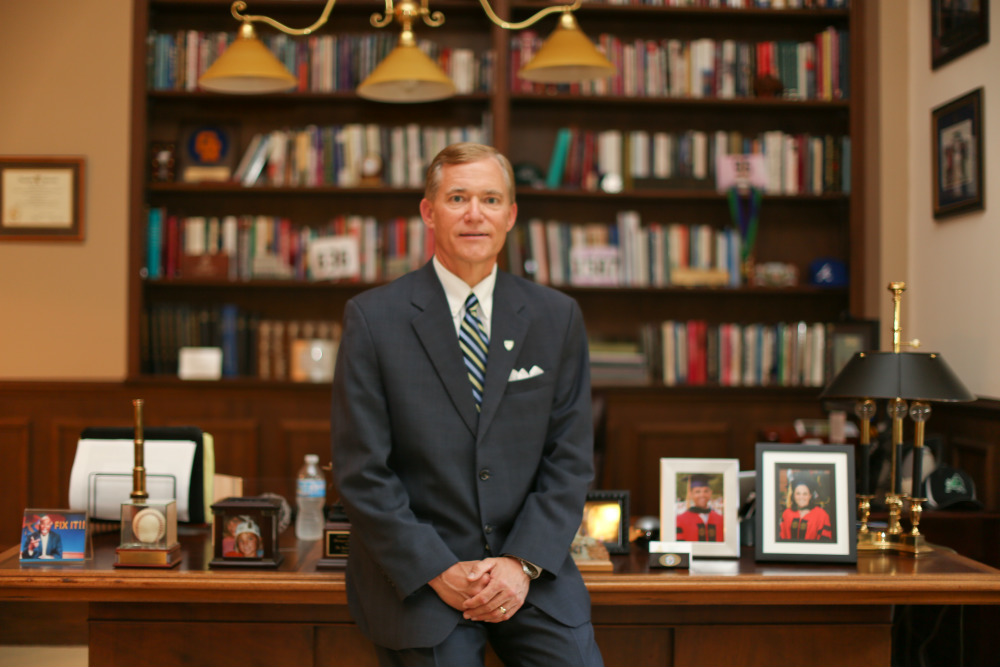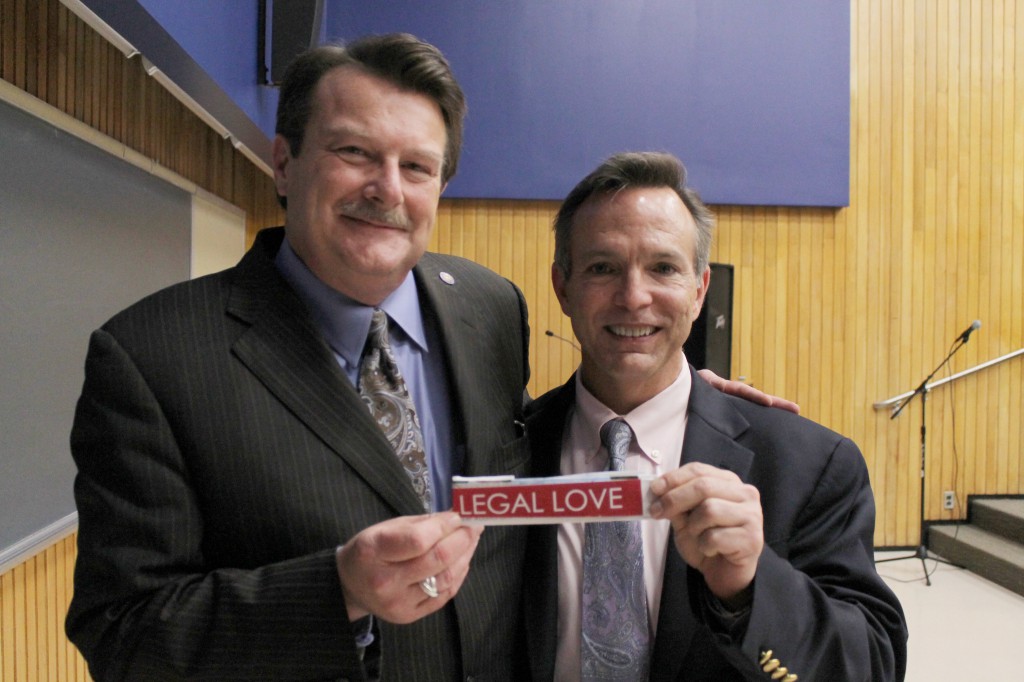STATEWIDE
Republicans gain
trifecta, first time
since 2009
After months of campaigning and watching countless political advertisements play almost every second during commercials, Election Day has finally come to a close.
Republicans had a clean sweep of the statewide offices and House of Delegates, which included two major accomplishments in terms of diversity: the first woman and first Black woman to be lieutenant governor and the first latino attorney general in Virginia.
The race for governor was close between the former co-CEO of a private equity firm called the Carlyle Group, Glenn Youngkin (R), and Terry McAuliffe (D), who served as governor from 2014-2018. Ultimately, the
win was called for Youngkin, with 50.58% of the vote, which amounts to 1,663,513 votes.
His largest competitor, McAuliffe, received 1,599,845 votes, or 48.64%. The Liberation Party candidate, Princess Blanding, received only 23,104 votes,
which is 0.7% of those counted.
The Republican Party achieved a major victory this year, as this is the first statewide Republican win since 2009. Youngkin’s platform was focused on issues of education, banning critical race theory, lowering the cost of living, improving the economy post-COVID-19 lockdowns and protecting law enforcement officials.
As a Day One Game Plan, Youngkin has stated that he wants to cut taxes for families struggling in the challenging economy and simultaneously defend and raise pay for law enforcement. Overall, Youngkin’s goal is to ensure the
state government is honest, efficient and modern.
In his statement on winning the election, Youngkin stated that the Commonwealth is “bonded by the Virginia spirit of liberty and freedom,” and that together he hopes to “achieve the great Virginia promise.” Youngkin is “honored and humbled to answer that call” and will work “to ensure we have better schools, safer streets, a lower cost of living and more
jobs.”
From 2017 to 2021, nearly all localities except Charlottesville and Portsmouth had an increased voter turnout. The state as a whole also shifted towards more Republican votes. Virginia Beach votes shifted more Republican than they have in the past, with 53.62% of the 162,197 total votes
going to Youngkin and 45.60% going to McAuliffe.
This statewide shift is also apparent in the fact that in the 2020 presidential election, President Biden received 54% of Virginia’s votes while former President Trump only received 44%.
Associate Professor of Political Science and the Dean of the Birdsong School of Social Science Dr. Leslie Caughell, felt that the growth in voter turnout was surprising, especially in rural areas.
“Incoming Gov. Youngkin managed to pull together the districts in VA that Sen. Romney won when he ran in 2012 and the districts that former Pres. Trump won in 2016. Bringing those two voter groups together gives
Republicans a path to power in a few states,” Caughell said.
The candidates raised impressive amounts of money, according to the campaign finance reports as of Oct. 21. Blanding raised the least, with a total of $34,771.
McAuliffe raised a total of $57,370,996 throughout the election season. Most of the money went towards advertising. $31 million was spent on TV and
radio spots while $6.2 million paid for digital ads. The largest donor of McAuliffe’s campaign was the Democratic Governors Association, which gave almost $7 million.
His overall total amount of money raised was $57,731,920. Of this, $30 million was used for ads of various kinds. Youngkin, a former private equity executive, was his own top donor by loaning his campaign $20 million.
Sophomore Alex Cain commented on why he voted for Youngkin. “I really supported Youngkin’s promise to make Virginia better for small businesses because, while Virginia has a large amount of commerce, much of it comes from large corporations which I believe are ultimately negative for both workers and consumers,” Cain said. “I trust that Youngkin will do a good job, I just hope that other people stay politically engaged enough to realize
it when he does,” he said.
In the statewide election for lieutenant governor, Winsome Sears, the Republican candidate and a former Delegate who represented the 90th District from 2002-2004, won with 50.71% of the vote, or 1,658,735 votes. Her Democratic competitor, Hala Ayala, who represents the 51st District in
the House of Delegates received 49.17% of the votes with 1,608,522 votes. In Virginia Beach, 54.04% of the city’s votes went towards Sears and 45.87% towards Ayala.
Another Republican win was in the election for attorney general. Jason Miyares, the Republican candidate who currently represents part of Virginia Beach for the 84th District in the House of Delegates, received 1,647,492 votes to achieve 50.36% of the vote. Miyares won over the incumbent Democratic candidate, Mark Herring, the incumbent Democrat and former State Senator of the 33rd District who lost by just over one percent of the vote. Herring received 1,621,164 votes to account for 49.55% of the votes. In Virginia Beach, 53.82% of the city’s votes went towards Miyares and 46.11% towards Herring.
Dr. Caughell gave her reaction to the results and the success of the Republican candidates. “I wasn’t particularly surprised that one party took all three statewide offices,” Caughell said. “When voters are unhappy with the status quo, they generally vote for a change in the composition of leadership.”
BY RHIAN TRAMONTANA
rjtramontana@vwu.edu
Image Courtesy of Republican Party of Virginia Chair Rich Anderson
(Pictured left to right: Jason Miyares, Glenn Youngkin and Winsome Sears)



